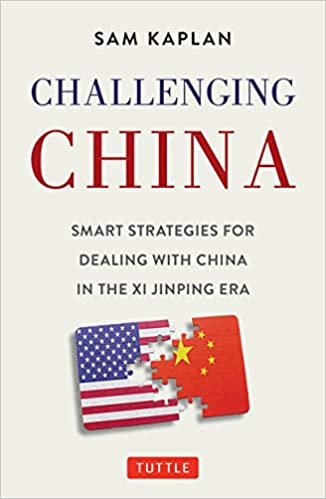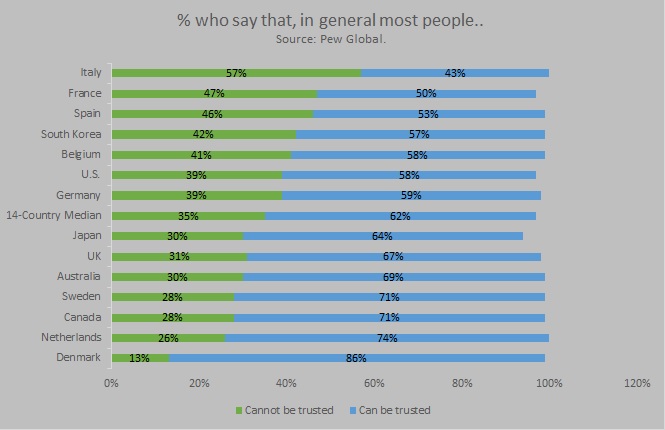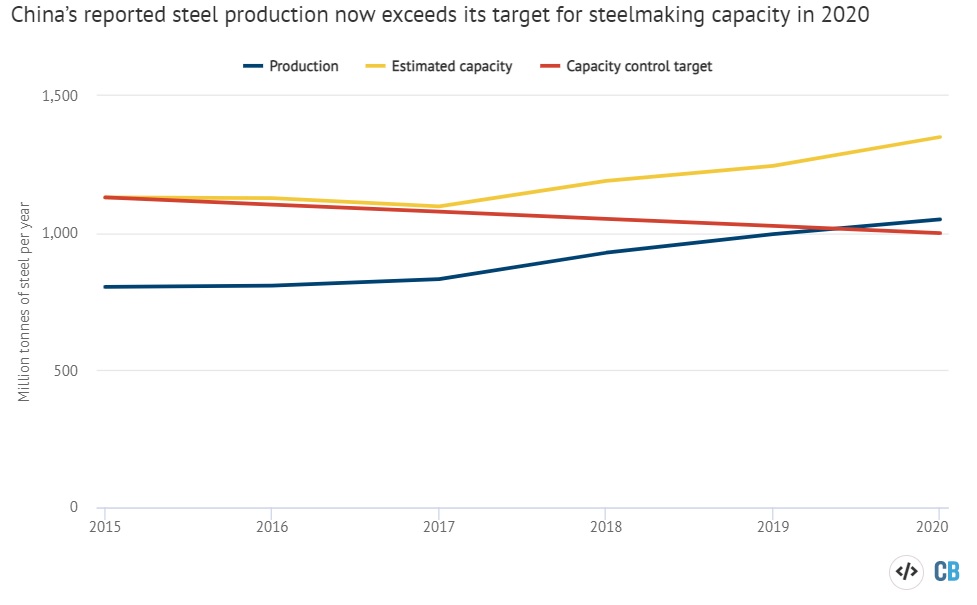Some dates are etched in the human mind. Earlier this week’s December 7, of course, is one such date. June 6, 1944 is another. For China, October 1, 1949 and June 4, 1989, come to mind. Now, April 6, 2021 will take its place in history…well, for us, at least. That’s the day our book, Challenging China: Smart Strategies for Dealing with China in the Xi Jinping Era will be released. But it is now available for pre-order at all your usual online booksellers, including these:
In an obscure section of the International Need to Know readership agreement, in tiny print, is a clause committing you to at the least click on the links above and at best pre-order a copy of the book. You may disagree with this clause but by reading this e-newsletter over the years you have made that legal commitment. Don’t complain to us, contact the lawyers who drew up this devious contract.
But don’t just buy Challenging China because of conniving legal language. China is one of the four most important issues in the world* and a challenge we all need to understand and grapple with. Our book will help you do just that. And it’s written in the fun, engaging way of International Need to Know. We guarantee you will smile at least once while reading the book or your money—wait, our publisher tells us we can’t do that. But if you don’t smile at least once we guarantee we’ll get a beer with you and you can harangue us about the book to your petty heart’s content. But we don’t think you will. We think you’ll enjoy reading the only book about a more authoritarian, more expansionist China and how to deal with it that references Dolly Parton, K-pop, the movie, Die Hard, LeBron James and Bruce Springsteen.
So as you click on the above links, we tell you who trusts people the most, the strange case of “love jihad” in India, and China Corner captures China’s record CO2 emissions. It’s this week’s International Need to Know, the only newsletter providing crucial international data and information written by the author of Challenging China.
*Pre-order the book and show me a screenshot and we’ll tell you what the other three are.
Without further ado, here’s what you need to know.
Who Do You Trust?
If our Facebook feed is any indication*, many of our friends have a high disdain for large percentages of their fellow humans, thinking they are all dumber than they are. They appear to exhibit little trust in the people they share this world with. In general, societies where people trust each other are more successful societies. So where is trust a common trait? In a recent survey of 14 advanced economies, Pew Global gauged which populations have the highest percentage of people who say that “most people can be trusted” or alternatively assert “most people cannot be trusted.” The remarkably successful country, Denmark, which last week we noted has high levels of economic mobility, tops this survey with 86 percent saying most people can be trusted. The Netherlands was second most trusting followed by Sweden and Canada. Italians were least trusting of the 14 countries surveyed followed by French, Spanish and South Koreans. Interestingly and worrisomely, young people in most of these countries trust others far less than other older people do. According to Pew: “The divide is most pronounced in Sweden, where 53% of adults under 30 trust other people, compared with 77% of those ages 50 and up. There also are significant gaps between younger and older people in Australia, Japan, the UK, Canada, South Korea, the U.S., Denmark and the Netherlands.” Is this because of social media? Economic prospects? Younger people are in general less trusting? Maybe they don’t trust people over 50? We ask, and trust you to answer.
*In fact, Facebook is not a good indication of the real world. It is a performative space and does not have as much influence as its critics and Facebook’s ad sellers would have you believe. We, believe it or not, touch on this in Challenging China.
Love Jihad: Anti-Muslim Law in India
In recent weeks, we’ve been reminding people of all the positive developments happening in a year that many see, for good reason, to be dark and dismal. We view ourselves as trying to balance the scales a bit but that does not mean we don’t recognize some troubling trends weighing down the world. Take the disappointing news this week that Uttar Pradesh, the largest state in India, passed a law that outlaws “unlawful religious conversions” by marriage. It is an attempt, apparently, to address what some conservative Hindus deem “love jihad,” a term we’d never heard of until this week and without context would have assumed was either some joke from the creators of South Park or a website that our child filters would prohibit us from visiting. But, no, it turns out that some conservative Hindus and their elected leaders believe that “Muslim men are attempting to surreptitiously shift India’s demographic balance by converting Hindu women to Islam through marriage.” We keep a close eye on India’s economy but confess we are not much of an expert on their politics and culture. Nonetheless, we hope “love jihad” reverts to being a song of SkipandDie, a self-described “pan-tropical future bass band” we discovered researching this topic, instead of a dumb anti-Muslim law (it’s not a bad song, actually).
China Corner: China’s Record CO2 Emissions
Early in the pandemic one silver lining was a reduction in CO2 emissions as economies around the world partially shut down. But the pandemic was essentially a refutation of degrowthers—those advocating for stopping economic growth to prevent climate change (Greta Thrunberg is one such degrowther). However, even a massive pandemic-driven slowdown in the world economy did not adequately reduce CO2 emissions—for that we need technology and smart policy not an end to economic growth. In China, after an initial decrease in CO2 emissions, the country has now reached a new record high, according to Carbon Brief. Much of this is due to an increase in steel production. And this is driven by China’s attempts to grow its economy artificially. As noted a few weeks back, China’s GDP is not growing at the rate it claimed last quarter, but what growth they have is driven by artificial debt stimulus, not from a recovery of the Chinese consumer. This policy has consequences both for the environment and for China’s future economy. Instead of pursuing policies that help workers and consumers, the government continues to pump the Chinese economy with infrastructure and export fuel. We wonder if they will end up flooding the engine?




